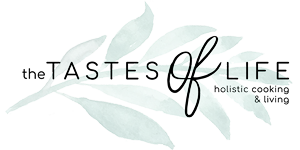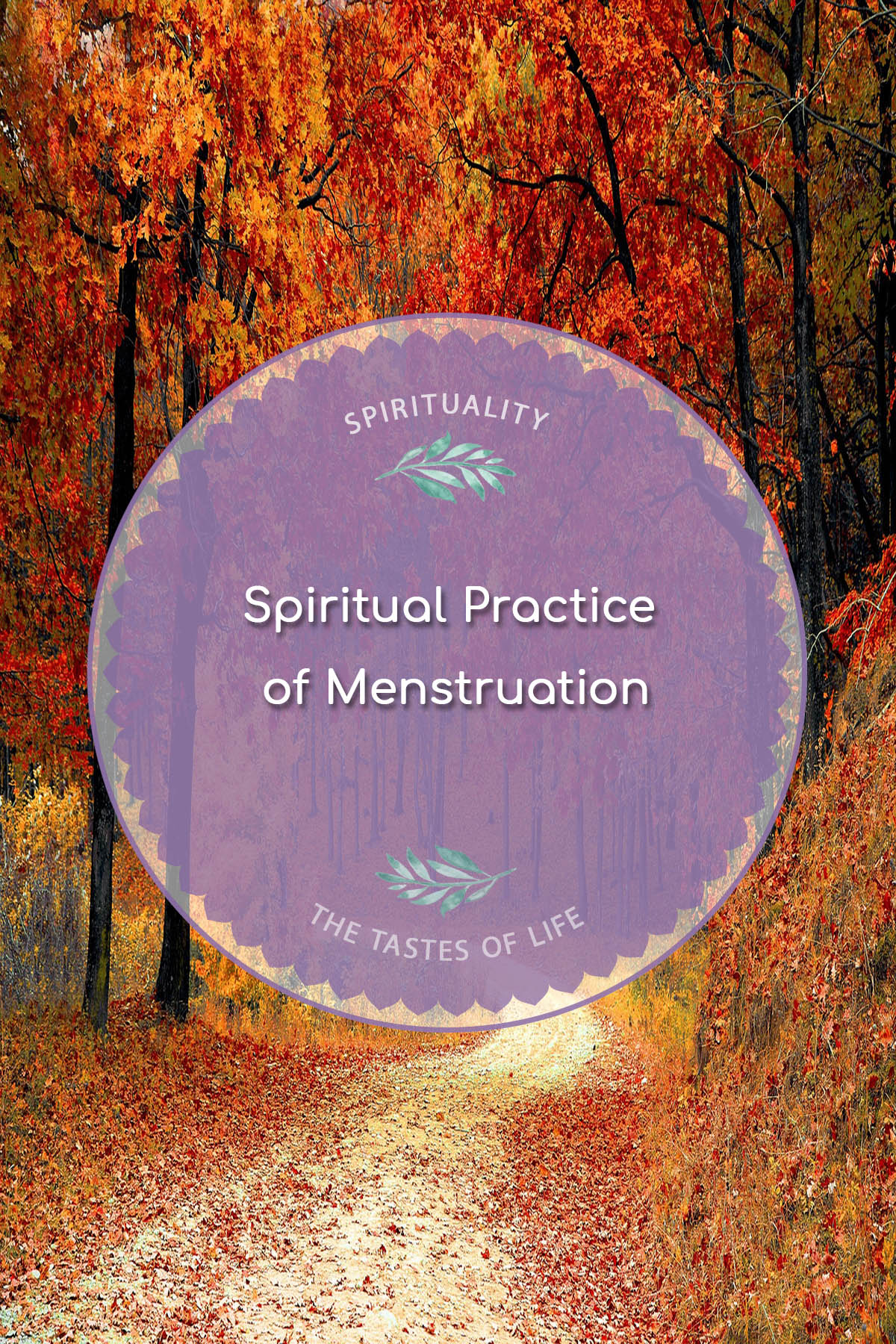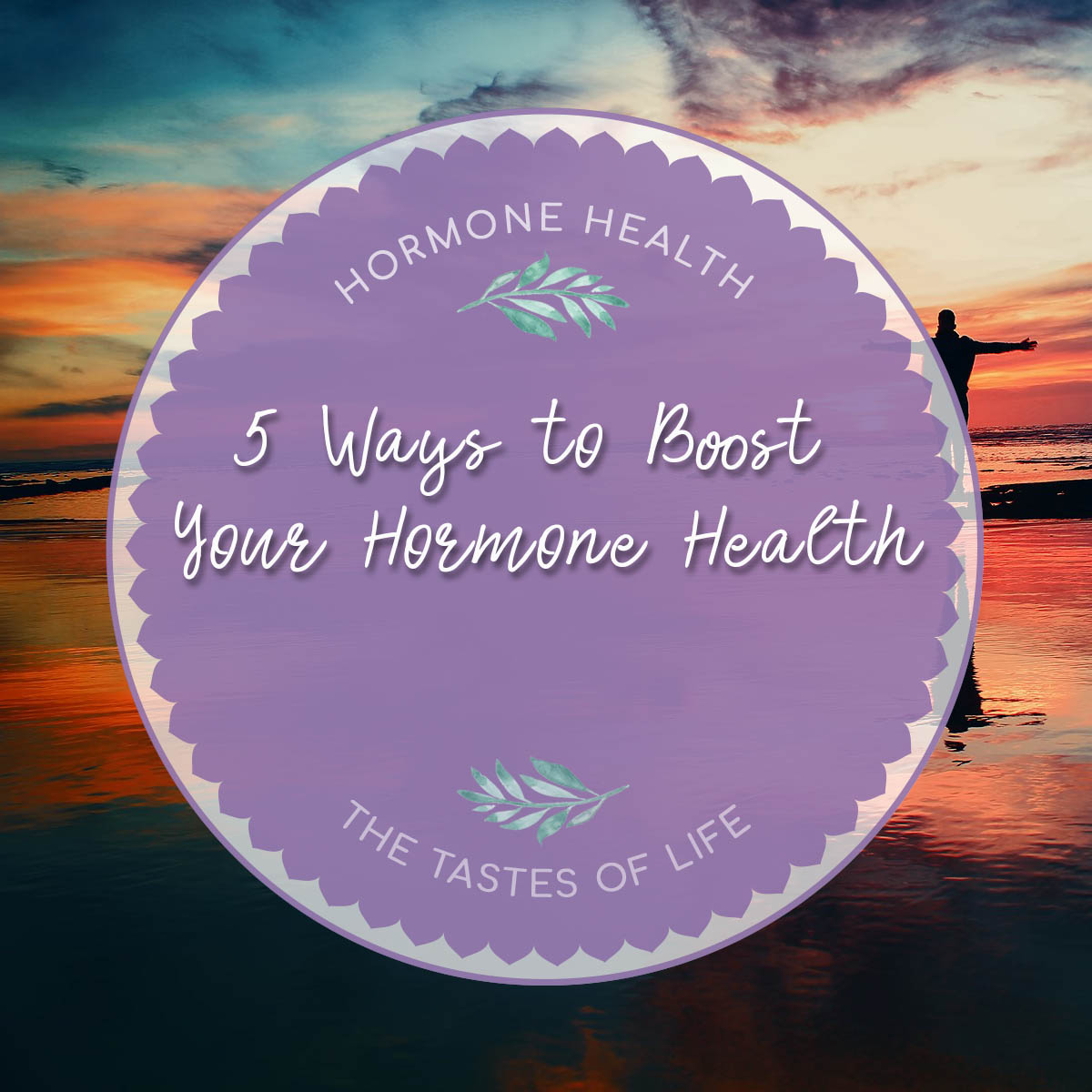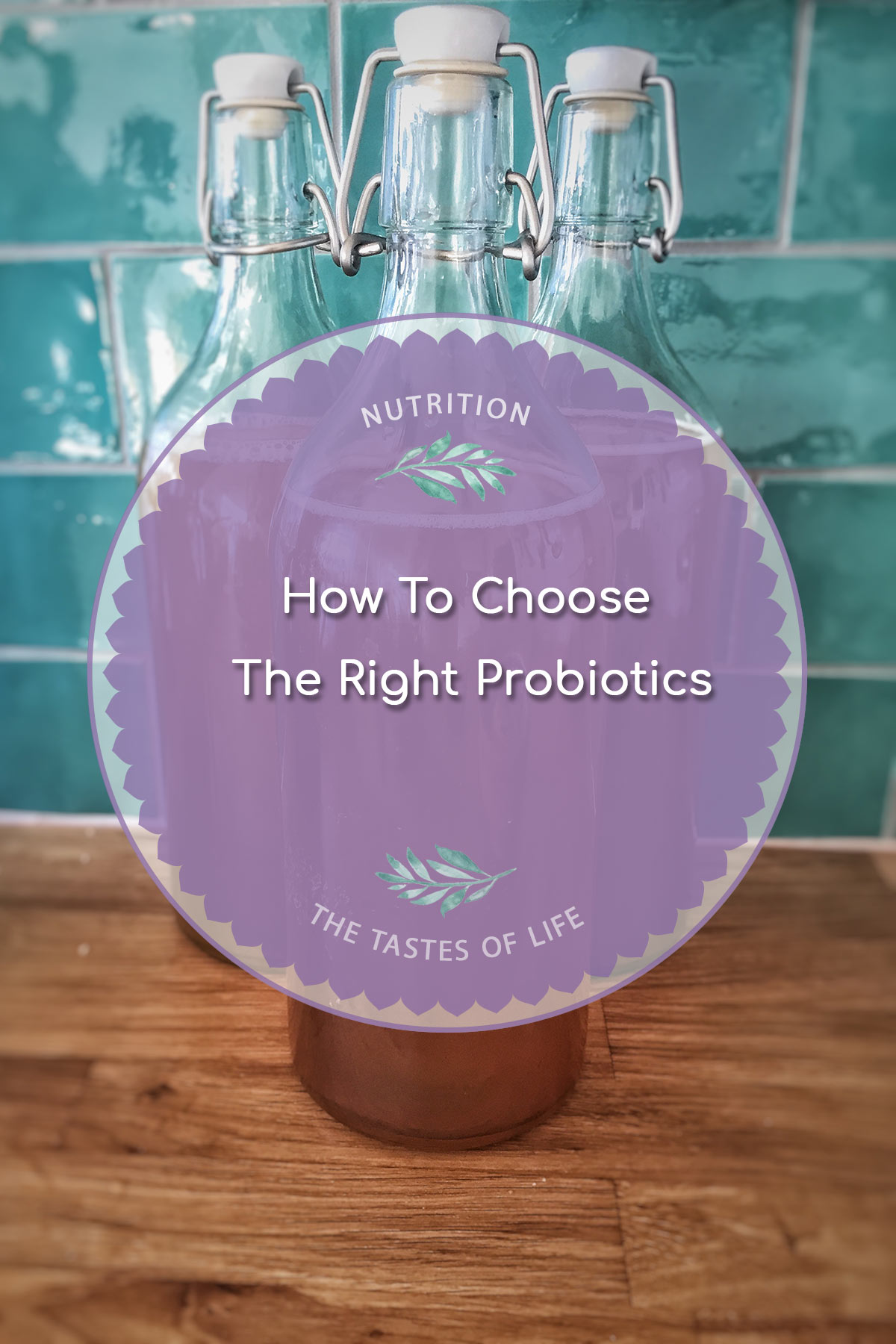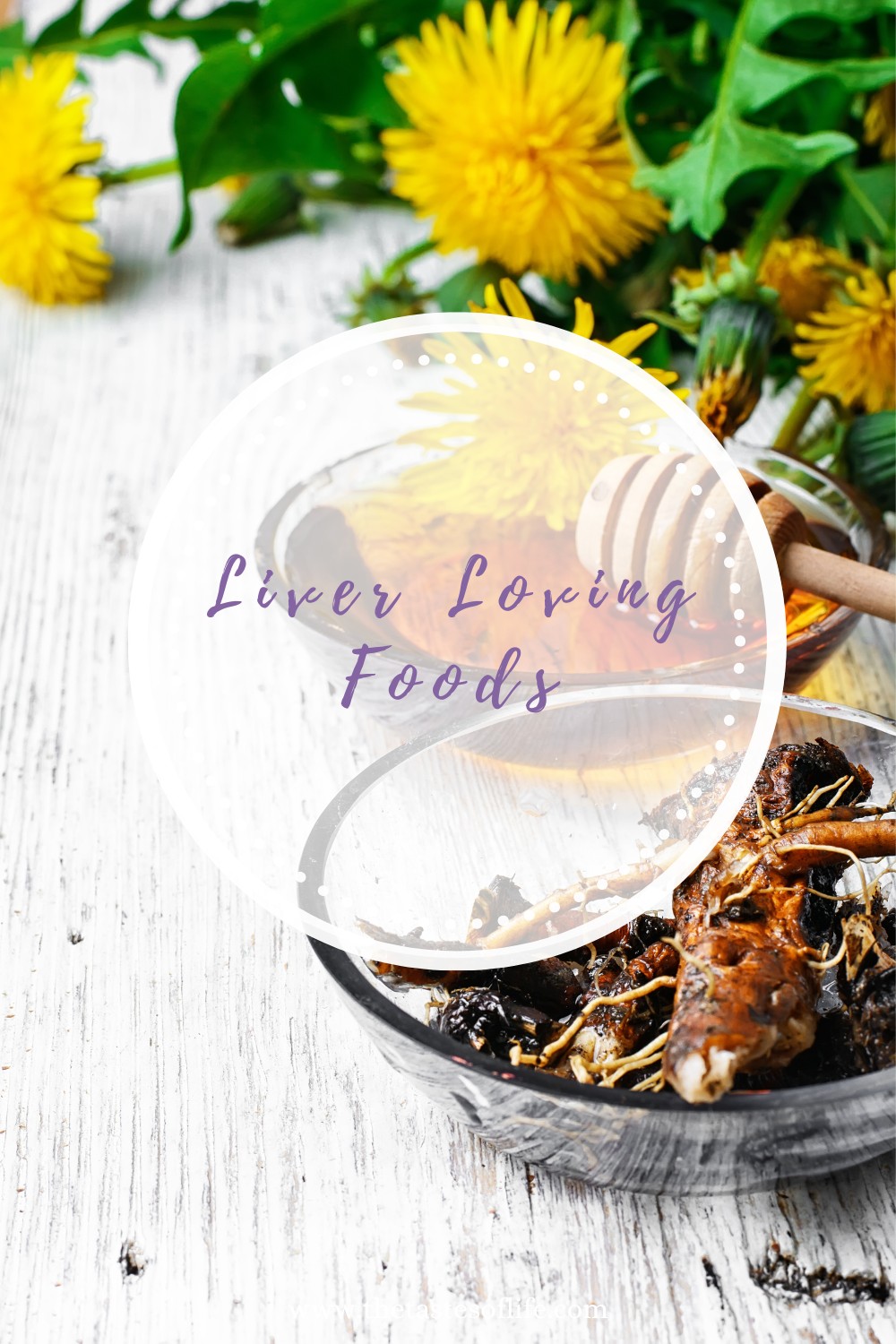Why Do Hormone Detox This Year?
Discover the importance of detoxification for women’s hormones. Learn how detox can support hormone balance, alleviate symptoms of estrogen dominance, promote menstrual health and fertility, and ease menopausal transitions. Optimize your well-being with effective detox strategies tailored to women’s hormonal needs.

Why Do Hormones Detox This Year?
In today’s fast-paced world, we’re constantly bombarded with toxins, pollutants, and stressors that can wreak havoc on our bodies, particularly our hormonal balance. Hormones play a crucial role in regulating various bodily functions, from metabolism to mood, and even the slightest imbalance can lead to a cascade of health issues. That’s why embarking on a hormone detox journey this year might just be the reset your body needs to thrive and reduce the toxic burden.
Understanding Hormonal Imbalance
Before diving into why a hormone detox is essential, let’s first grasp the concept of hormonal imbalance. Our endocrine system produces hormones acting as messengers, regulating processes like metabolism, reproduction, growth, and mood. However, factors like stress, poor diet, environmental toxins, and inadequate sleep can disrupt this delicate balance, leading to hormonal imbalances.
These imbalances can manifest in various ways, including:
- Weight Gain or Weight Loss Difficulty: Hormonal disruptions can affect metabolism, making it harder to maintain a healthy weight.
- Fatigue and Low Energy Levels: Adrenal fatigue, caused by chronic stress, can lead to exhaustion and burnout.
- Mood Swings and Irritability: Fluctuations in hormones like estrogen and progesterone can influence mood and emotional stability.
- Skin Issues: Hormonal imbalances may contribute to acne, dry skin, or premature aging.
- Menstrual Irregularities: Women may experience irregular periods, painful cramps, or other menstrual issues due to hormonal fluctuations.

What Are The Endocrine-Dirupting Chemicals?
Endocrine-disrupting chemicals (EDCs) interfere with the body’s endocrine system, which regulates hormones responsible for various physiological functions and hormone imbalance. These chemicals can mimic, block, or interfere with hormone signaling pathways, disrupting hormone production, metabolism, and action.
Common endocrine-disrupting chemicals include:
- Plastics: Bisphenol-A (BPA) and phthalates are commonly used to produce plastics used in food containers, water bottles, and packaging. These chemicals can leach into food and beverages, leading to exposure and potential disruption of hormone function.
- Personal Care Products: Many personal care products, such as cosmetics, shampoos, lotions, and fragrances, contain EDCs like parabens, triclosan, and synthetic fragrances. These chemicals can be absorbed through the skin and disrupt hormone balance.
- Pesticides and Herbicides: Agricultural chemicals used in pesticides and herbicides may contain EDCs such as organophosphates, atrazine, and glyphosate. Residues of these chemicals can be found on conventionally grown fruits, vegetables, and grains, leading to dietary exposure.
- Food Packaging: Food packaging materials, including cans lined with bisphenol-A (BPA) and fast-food wrappers coated with perfluoroalkyl substances (PFAS), can transfer EDCs to food. Heat and acidic conditions can increase the likelihood of chemical leaching.
- Household Products: Certain household products like flame retardants, nonstick cookware, and cleaning supplies may contain EDCs such as polybrominated diphenyl ethers (PBDEs) and perfluorinated chemicals (PFCs). Inhalation or dermal exposure to these chemicals can disrupt hormone function.
- Water Supply: EDCs can enter the water supply through industrial discharges, agricultural runoff, and wastewater treatment effluents. Chemicals like hormones from pharmaceuticals, industrial chemicals, and plasticizers can contaminate drinking water sources.
- Air Pollution: Airborne EDCs, including polycyclic aromatic hydrocarbons (PAHs), dioxins, and volatile organic compounds (VOCs), can be released from vehicle emissions, industrial processes, and combustion of fossil fuels. Inhalation of polluted air can lead to systemic exposure to these chemicals.
- Food Additives: Certain food additives, such as artificial sweeteners (e.g., saccharin), flavor enhancers (e.g., MSG), and preservatives (e.g., BHA, BHT), may contain EDCs that disrupt hormone function.
- Consumer Products: EDCs can also be found in furniture, electronics, and clothing. Flame retardants, plasticizers, and antimicrobial agents used in these products may contain chemicals that can leach into the environment and accumulate in indoor dust.

Why is Detox Good For Hormonal Balance
Detoxification is essential for balancing hormones because it helps the body eliminate harmful toxins and endocrine-disrupting chemicals responsible for hormone production and regulation. Here’s how detox can contribute to hormonal balance:
Elimination of Toxins:
Toxins from environmental pollutants, pesticides, heavy metals, and synthetic chemicals can accumulate in the body over time. These toxins can interfere with hormone production, signaling, and metabolism, leading to imbalances. Detoxification processes, such as liver function and kidney filtration, help remove these toxins from the body, reducing the burden on the endocrine system.
Support for Liver Function:
The liver plays a crucial role in hormone metabolism and detoxification. It helps metabolize hormones, such as estrogen, eliminates excess hormones from the body, and helps with estrogen detoxification. However, when the liver is overloaded with toxins or unhealthy substances, its ability to perform these functions efficiently can be compromised. A detox regimen that supports liver health can enhance its capacity to regulate hormone levels effectively.
Reduction of Inflammation:
Chronic inflammation is associated with hormonal imbalances and conditions like insulin resistance, thyroid dysfunction, and adrenal fatigue. Many toxins contribute to inflammation in the body. By reducing exposure to inflammatory substances through detoxification and consuming anti-inflammatory foods, the body’s inflammatory response can be modulated, improving hormone balance.
Hormonal Reset:
Certain detox protocols focus on eliminating specific foods or substances known to disrupt hormone balance, such as refined sugars, processed foods, caffeine, and alcohol. By removing these triggers and adopting a cleaner, nutrient-dense diet, the body can reset its hormonal signaling pathways and restore balance.
Stress Reduction:
Chronic stress significantly disrupts hormone balance, particularly cortisol, the primary stress hormone. High cortisol levels can lead to imbalances in other hormones, such as insulin and thyroid hormones. Detoxification practices often include stress-reducing techniques like meditation, yoga, and deep breathing exercises, which can help lower cortisol levels and promote overall hormone equilibrium.
Improved Gut Health:
The gut microbiome plays a crucial role in hormone regulation, as it helps metabolize and excrete hormones, produces certain neurotransmitters, and influences immune function. Dysbiosis, or an imbalance in gut bacteria, can contribute to hormonal imbalances and inflammation. Detoxification protocols that support gut health, such as removing gut irritants and incorporating probiotics and fiber-rich foods, can enhance hormone balance.
Hormone Metabolism:
Women produce various hormones, including estrogen, progesterone, and testosterone, which regulate menstrual cycles, fertility, mood, and overall health. However, once these hormones have served their purpose, they need to be metabolized and cleared from the body. A healthy detoxification process supports the efficient metabolism and elimination of hormones, preventing them from accumulating to unhealthy levels and causing hormonal imbalances.
Estrogen Dominance:
Estrogen dominance, a condition where estrogen levels are high relative to progesterone levels, is a common hormonal imbalance in women. Stress, diet, environmental toxins, and impaired liver function can cause this imbalance. Detoxification supports liver health, estrogen metabolism, and healthy estrogen levels, helping to balance hormone levels and reduce the symptoms associated with estrogen dominance, such as menstrual irregularities, mood swings, and weight gain.
Menstrual Health:
Many women experience symptoms related to hormonal fluctuations during their menstrual cycles, such as bloating, cramps, mood swings, and acne. Supporting the body’s natural detoxification pathways can help alleviate these symptoms by promoting the efficient elimination of excess hormones and toxins that may exacerbate menstrual-related issues.
Fertility:
Hormonal balance is crucial for reproductive health and fertility in women. Imbalances in hormones like estrogen, progesterone, and insulin can disrupt ovulation, menstrual regularity, and overall reproductive function. Detoxification supports hormone balance, improves egg quality, and creates a healthier environment for conception and pregnancy.
Menopause:
During menopause, women experience significant hormonal shifts, including declining estrogen and progesterone levels. These changes can lead to symptoms such as hot flashes, night sweats, mood changes, and bone loss. Supporting the body’s detoxification processes can help manage menopausal symptoms by reducing the burden on the liver and promoting hormonal balance.
Check out Thriving Hormones Detox Here

Hormone Detox Benefits
Embarking on a hormone detox can offer many benefits, helping you restore balance and optimize your overall well-being. Here’s why it’s worth considering:
- Reset Your Hormonal Balance: A hormone detox involves eliminating or reducing exposure to hormone-disrupting substances while supporting your body’s natural detoxification processes. This allows your hormones to recalibrate, promoting balance and harmony within your body.
- Enhance Weight Management Efforts: Addressing underlying hormonal imbalances can make it easier to manage weight and help reduce excess weight. Balancing hormones like insulin and cortisol can support healthy metabolism and appetite regulation.
- Boost Energy Levels: Eliminating toxins and adopting hormone-balancing practices can revitalize your energy levels. Say goodbye to the mid-afternoon slumps and hello to sustained vitality throughout the day.
- Stabilize Mood and Improve Mental Health: Balancing hormones can profoundly impact your mood and emotional well-being. You may experience reduced anxiety, irritability, and mood swings, leading to a greater sense of calm and mental clarity.
- Promote Healthy Skin: Hormonal imbalances often manifest in skin issues like acne, dryness, or inflammation. Restoring hormonal equilibrium can promote clearer, healthier skin from the inside out.
- Support Reproductive Health: For women, balancing hormones is crucial for maintaining regular menstrual cycles and supporting fertility. A hormone detox can address underlying imbalances that may be impacting reproductive health.

How to Start Your Hormone Detox Journey
Ready to embark on your hormone detox journey? Here are some steps to get you started:
- Clean Up Your Diet: Focus on whole foods, nutrient-dense food while minimizing processed foods, sugar, and artificial additives. Incorporate plenty of fresh fruits and vegetables, lean proteins, healthy fats, and fiber-rich foods.
- Reduce Toxin Exposure: Limit exposure to environmental toxins found in household cleaners, personal care products, and plastics. Opt for natural, non-toxic alternatives whenever possible.
- Manage Stress: Practice stress-reducing techniques such as meditation, deep breathing exercises, yoga, or spending time in nature. Prioritize self-care and establish healthy boundaries to reduce the impact of chronic stress on your hormones. Incorporate lifestyle changes will help you relax.
- Get Quality Sleep: Aim for 7-9 hours of quality sleep each night to support hormone balance and overall well-being. Create a relaxing bedtime routine and optimize your sleep environment for restorative rest.
- Stay Active: Engage in regular physical activity to support metabolism, reduce stress, and promote hormone balance. Find activities you enjoy, whether it’s yoga, strength training, dancing, or hiking.
- Consider Professional Support: If you’re struggling with significant hormonal imbalances or health issues, consider seeking guidance from a healthcare provider or functional medicine practitioner who specializes in hormone health. Check out Thriving Hormones Detox Here.

Spring Plants or Veggies That Help With Detox
Spring is a fantastic time to incorporate a variety of fresh, seasonal plants and vegetables into your diet that can support natural detoxification processes. Here are some spring plants and veggies known for their detoxifying properties:
Leafy Greens:
Spring greens like spinach, kale, Swiss chard, and dandelion greens are rich in chlorophyll, antioxidants, and fiber. Chlorophyll helps to neutralize toxins, while fiber aids in digestion and promotes the elimination of waste and toxins from the body.
Cruciferous Vegetables:
Vegetables such as broccoli, cauliflower, cabbage, and Brussels sprouts contain compounds called glucosinolates, which support liver detoxification pathways. These vegetables also provide sulfur compounds that assist in the elimination of toxins and heavy metals from the body.
Artichokes:
Artichokes are a spring vegetable known for their liver-supportive properties. They contain cynarin, which stimulates bile production and promotes liver detoxification. Artichokes also have high levels of antioxidants and fiber, aiding digestion and toxin removal.
Asparagus:
Asparagus is a natural diuretic that helps flush excess fluids and toxins from the body through urine. It is also rich in antioxidants like glutathione, which supports liver detoxification and protects cells from damage caused by free radicals.
Radishes:
Radishes are a low-calorie, high-fiber vegetable that supports digestion and detoxification. They contain compounds like glucosinolates and indoles, which support liver function and promote the elimination of toxins from the body. Radishes also have diuretic properties, helping to flush out excess fluids and toxins.
Spring Herbs:
Fresh herbs like parsley, cilantro, and dill are excellent additions to spring dishes and salads. Parsley and cilantro, in particular, contain compounds that help to chelate heavy metals and facilitate their removal from the body. These herbs also provide antioxidants and nutrients that support overall health and detoxification.
Garlic and Onions:
Both garlic and onions are members of the allium family. They are rich in sulfur compounds that support liver detoxification pathways. They also have antimicrobial properties that help support a healthy gut microbiome, which is essential for overall detoxification and immune function.
Broccoli Sprouts:
They are packed with sulforaphane, a potent antioxidant that supports liver detoxification enzymes. Incorporating broccoli sprouts into your diet can aid in the body’s natural detoxification processes, helping to eliminate toxins and excess estrogen Here is how to make broccoli sprouts.
Detoxification is beneficial for hormone balance because it addresses underlying factors contributing to hormonal imbalances, such as toxin exposure, inflammation, poor liver function, stress, and gut dysbiosis. Individuals can optimize hormone health and overall well-being by supporting the body’s natural detoxification processes and adopting healthy lifestyle practices.
Join me for Thriving Hormones Dtetox Here

More about Hormones
The Liver’s Role In Hormone Balance
Ways Of Increasing Progesterone Levels
Yum